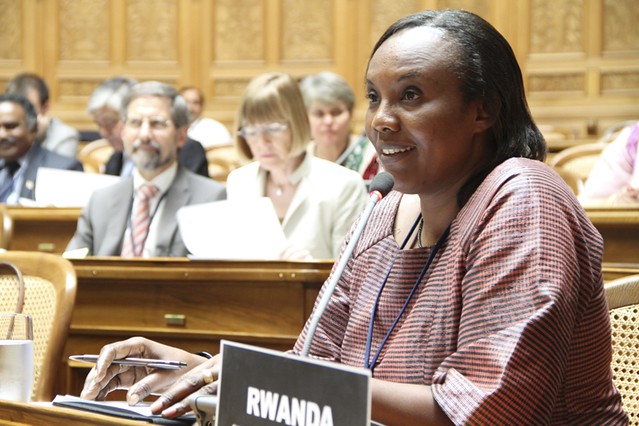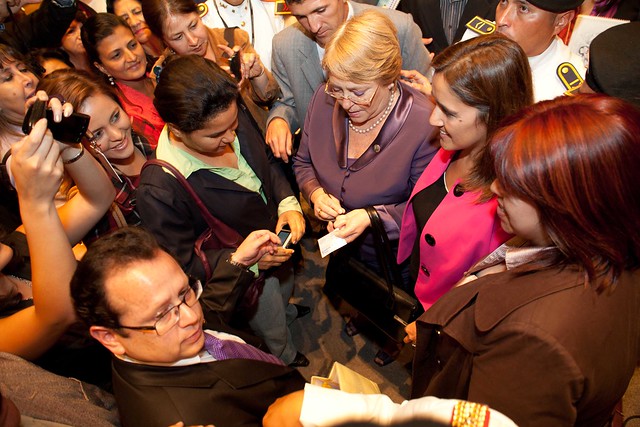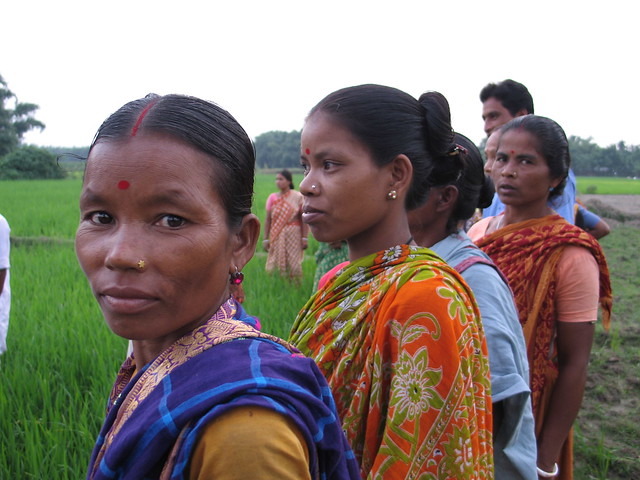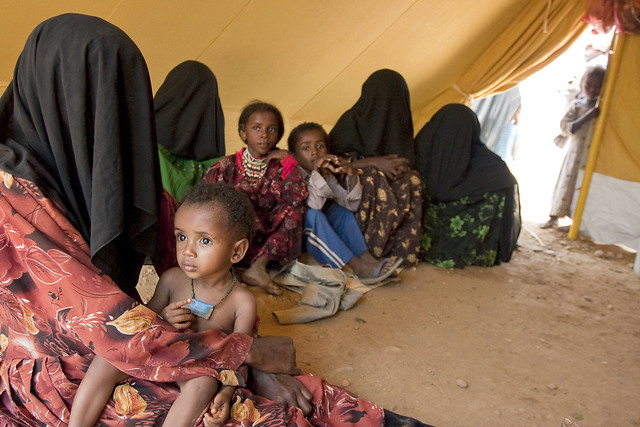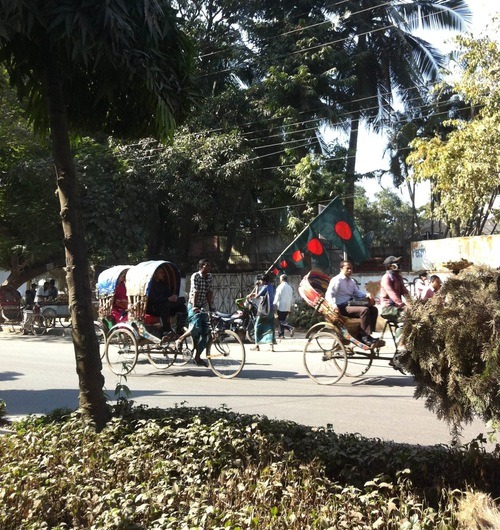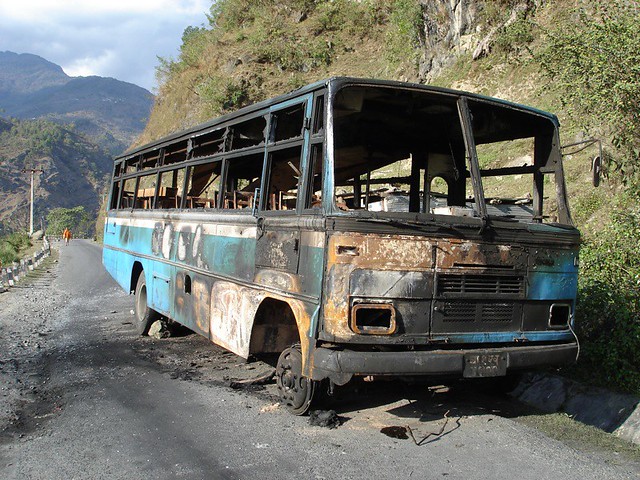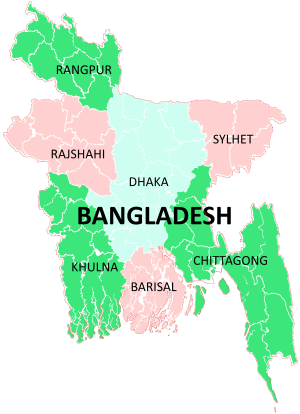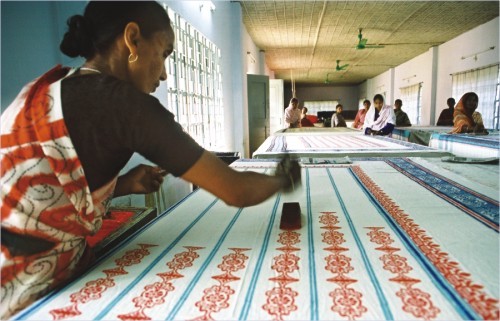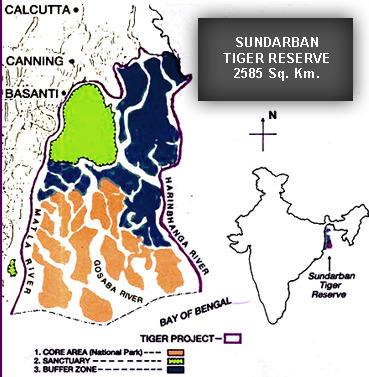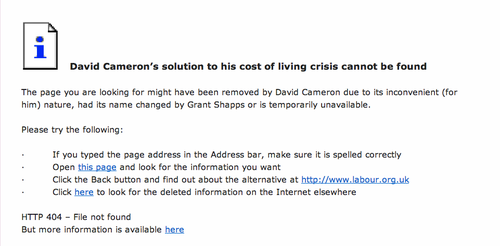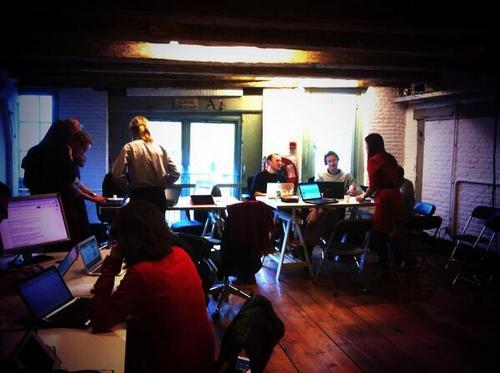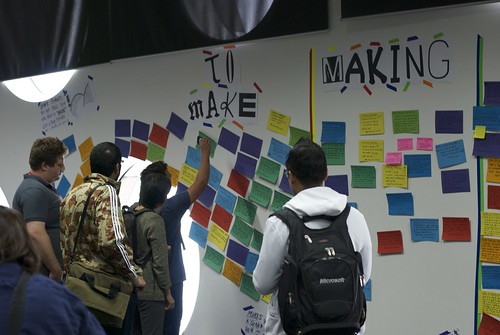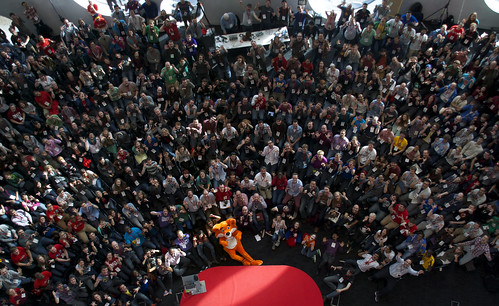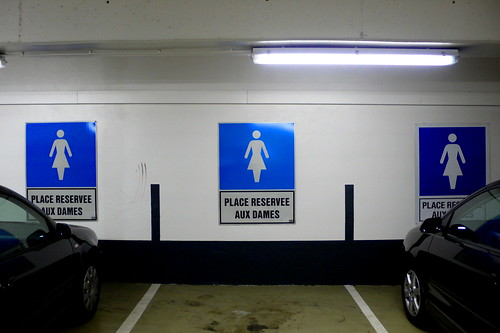Before I forget, and before I start making more lists of things I want to read this year, here are the top books I read this year.
Fiction
Americanah, by Chimamanda Ngozi Adichie. Sharp, funny, accurate, and refreshing to read a book about people leaving their home country not because of conflict, but simply because of (perceived) lack of opportunity, or 'choicelessness'. I also read Purple Hibiscus and Half of a Yellow Sun this year, both by the same author, but Americanah was by far my favourite.
We Need New Names by NoViolet Bulawayo. A child's perspective on experiencing a complete culture clash.
A Fine Balance by Rohinton Mistry – this was full of terrible, terrible events, but written in a way that made me pick it up and barely put it down until I had finished it. Warning: emotionally very difficult to read.
Unaccustomed Earth by Jhumpa Lahiri – a collection of short stories. The stories centre around people moving from Bengal (either Bengali regions of India, or Bangladesh) to the UK or the US, and its accuracy of relating the experiences of the first or second generation immigrants moving between those two cultures genuinely startled me at points.
A Golden Age by Tahmima Aman. I've mentioned this before on my blog, and this is one of the very few English language fiction books about Bangladesh that I could find.
The Garden of Evening Mists by Tan Twan Eng– in a funny twist, some friends sent me this book the day after I booked flights to Malaysia. By far the most emotionally taxing book I read this year (with his other novel, The Gift of Rain, coming in a close second) – but so, so beautifully written.
Non fiction
Las venas abiertas de América Latina, or Open Veins of Latin America by Eduardo Galeano. I started reading this in preparation for a visit to Uruguay, Argentina and Chile, purely because it was banned by right-wing military governments in all three countries in the 70s. This was also the book that Chavez presented to Obama – an amazing gift.
Dancing in the Glory of Monsters by Jason Stearns. An incredible and engaging introduction to the Democratic Republic of Congo. This was recommended to me by friends who have spent time in the DRC, so I have faith in its accuracy too.
Two Lives by Vikram Seth – I took far too long to get round to reading this, not least because Vikram Seth is one of my favourite authors. It focuses on the life of Seth's uncle, from India, while he moves between Berlin (where I was reading it) – and London. A gorgeous memoir, a lovely story, and a new perspective on the Second World War.
A Woman in Berlin (Anonymous) – a close contender for 'book that made me cry most this year'. Another new perspective on World War II, or at least the terrible consequences. The book was actually a diary, and the author has remained anonymous (and it was only published after her death.) Haunting to read, but highly recommended.
This was so hard to put together that I've resolved to start using Goodreads this year. You can find newly created account here.
